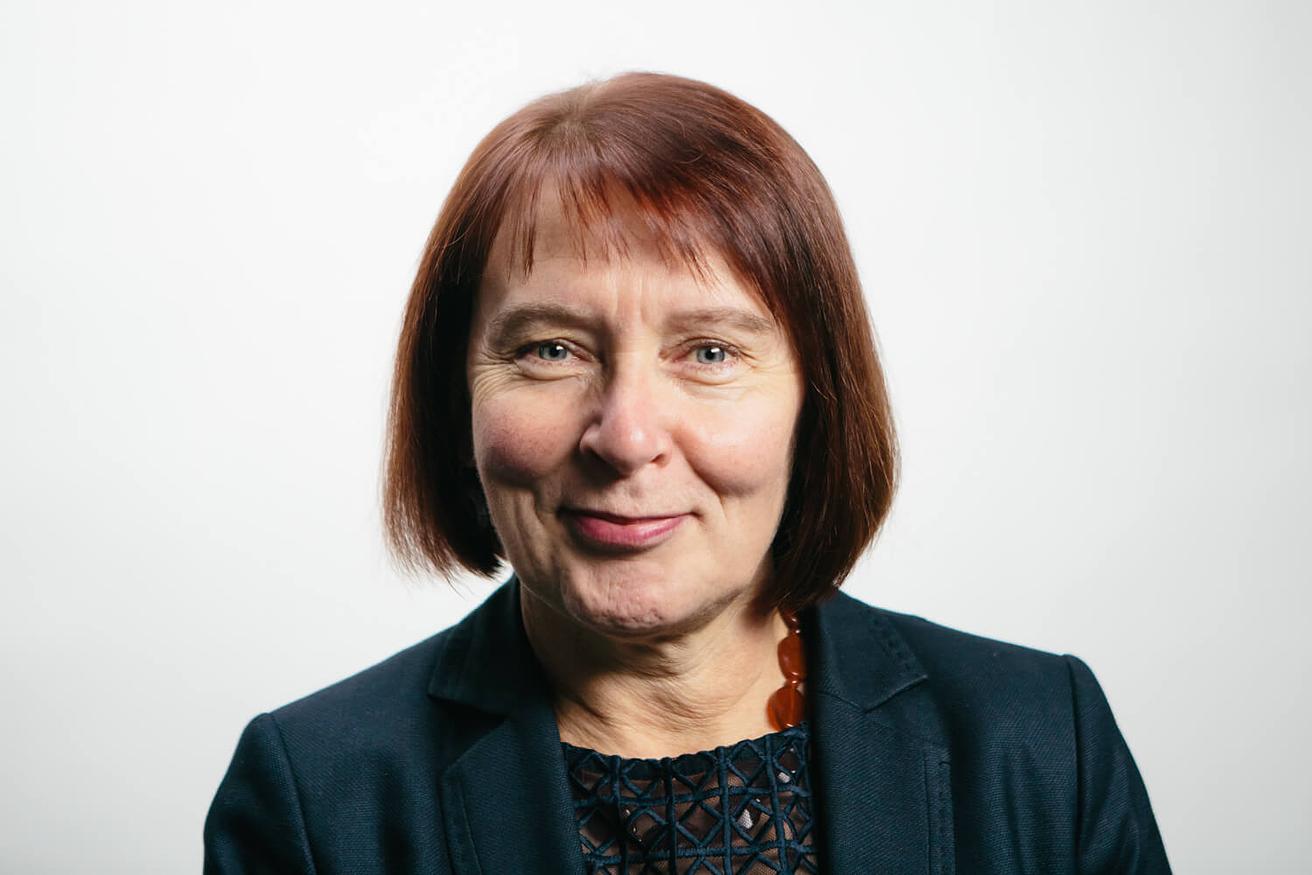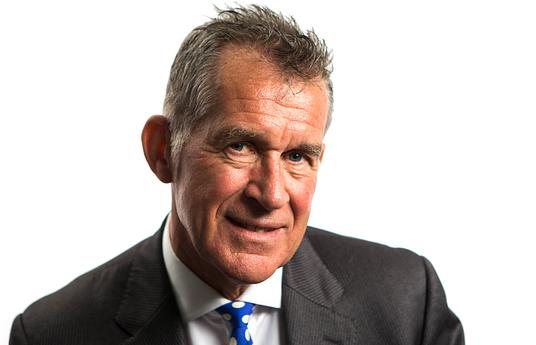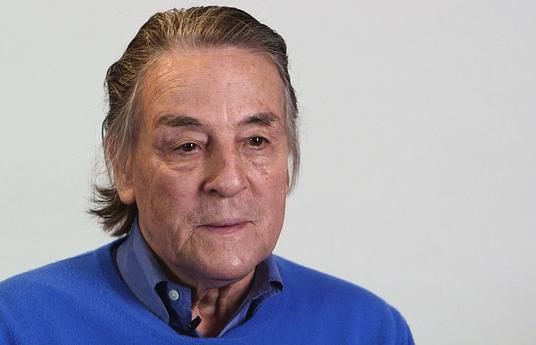Liisa Pohjolainen
Liisa Pohjolainen is the head of The Education Department in Finland.
Prior to her current position, Pohjalainen headed up the department's Youth and Adult Education division and was Headmaster of Helsinki City College.
Skills
Do you feel that the way we are educating children fully prepares them for the needs of the twenty-first century?
In some instances. The current situation in Finland allows teachers to choose their own teaching methods, and we have excellent examples of developmental teachers who are even creating their own.
When discussing future skills, the traditional model in which the teacher teaches and the students listen while making notes no longer provides them with the skills that will be necessary in the future. In a way, it teaches nothing but facts.
The methods used to teach and learn these skills will need to be tranformed.
When speaking of digitalization, we often think that we should renew the old model. A good example of this is to renew an old textbook by making it electronic. Doing this isn't creating anything original, it is simply presenting the antiquated pedagogy in a new format. What we should really be doing is trying things we have never tried before.
I see digitalization as something that will accelerate education reform. The evolution of digitalization is primarily the development of teaching, learning and work patterns. It is not just gadgets and devices, surely we also need a working infrastructure.
We need to unravel the possibilities provided by digital technology - in what ways will we be able to alter teaching and education? Digitalization provides us with amazing opportunities and will revolutionize education.
Teachers
What are the key challenges for teachers?
The fact that the role and identity of teachers is being drastically altered.
The idea that the teacher is someone who traditionally provides information has to change. The role of the teacher is moving towards being a guide and a facilitator in the learning process of his/her students.
This is a big change that affects teacher training, which is still being tailored towards the traditional role of the teacher. We should now consider the teacher as someone who guides the learning process.
Assessment
What are your views on PISA?
I think it's good that PISA is discussed, and it's great that according to the results Finnish schools are considered the best in the world.
We just need to make sure that PISA results aren't the only focus, because they only measure certain things. Education must be developed and not left to stand still in the shadow of the PISA results.
How should pupil evaluation and assessment change?
Testing should be more versatile. To simplify, we are currently evaluating what students remember in terms of information. Now that information is so accessible we should be evaluating the understanding and development of skills. This is a fairly new area in testing in Finland.
Testing should also be something that pushes the learning process to move forward. To achieve this, it should be motivational, encouraging and versatile.
Environments
What are the challenges presented by traditional classrooms as learning environments?
In the context of the modern world as a society of information, I would say that the traditional classroom is too much of a confined space.
It has its upsides, but I think that the traditional classroom should be opened up into a broader learning space. For example, the beautiful city of Helsinki as an urban environment is also a learning environment, so to speak.
Leadership
What is the biggest challenge in the Finnish educational system?
Our educational system is too static. If we think about it, it is based on a society of the past - the industrial society. The entire system has been created to suit those needs.
Now we are living in an information society and the education system should be more dynamic and adaptable.
Personal memory
What is your favorite school memory from your own formal education?
My favorite school memories are from high school - that's when I realized that I can question things - it opened up an entire new way of thinking and a world to how things could be done differently in school. It was one of those peak moments realizing that things can be done like this and that this kind of thinking exists as well.
The next 100 years
The next 100 years of Finnish education should... have positive atmospheres and give each student the opportunity to reach their own potential. Schools will be communities in which every participant feels they belong.


